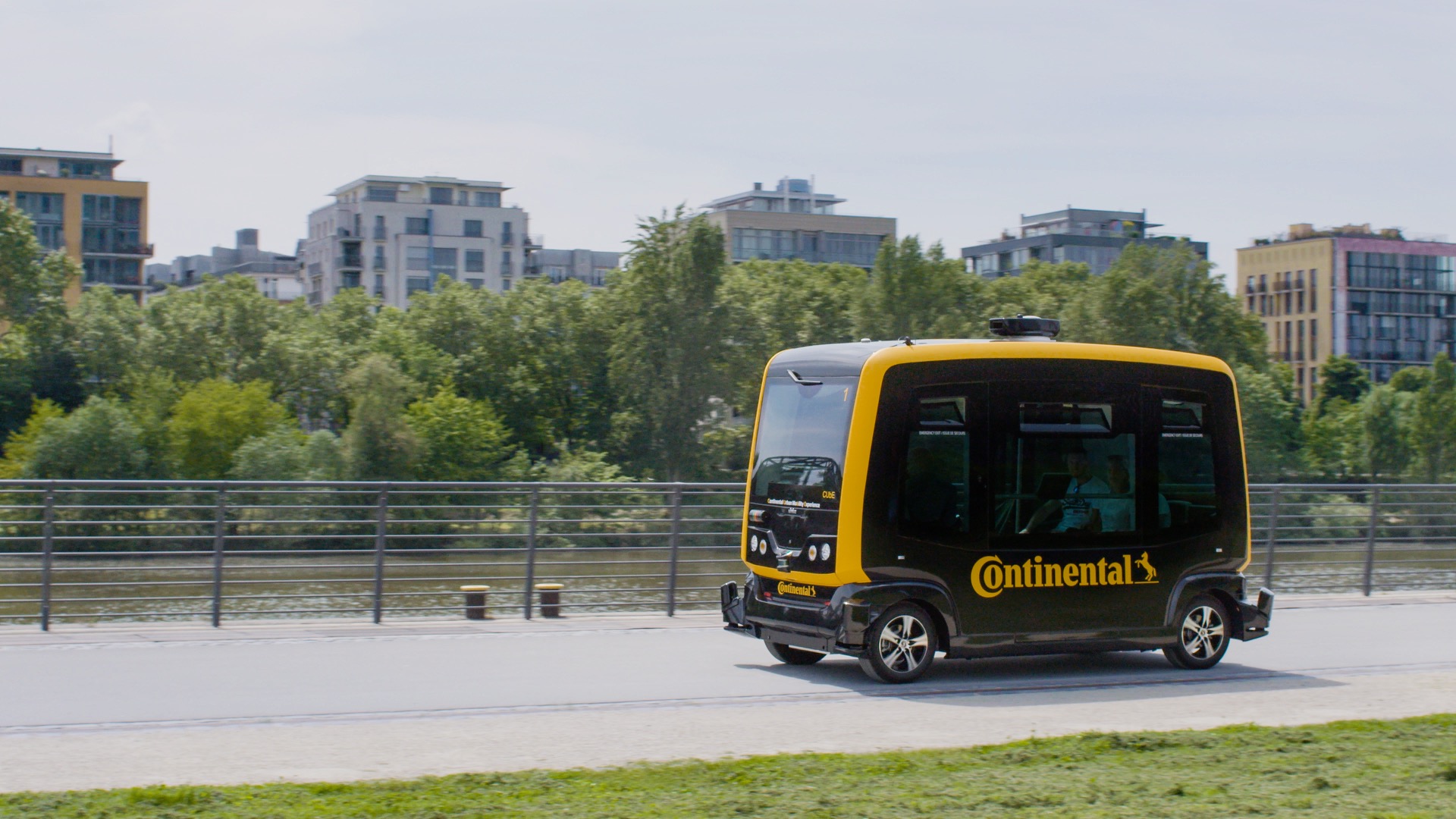

Automakers and tech companies aren’t the only ones developing self-driving cars. Automotive suppliers are also getting in on the action. Delphi wants to launch self-driving taxis, and now Continental is thinking along similar lines. The supplier recently unveiled a prototype called CUbE (which, somehow, stands for “Continental Urban mobility Experience”) to show how self-driving taxis could change future cities. These taxis will create a “feel-good cocoon” in the midst of the hectic urban environment, Continental said in a press release.
Continental developed the CUbE to address expected congestion in the cities of tomorrow. The company cites a 2014 UN study that claimed two-thirds of the world’s population will live in cities by 2050. Continental reasons that self-driving taxis will allow city dwellers to avoid the hassles of traffic and finding parking, which will only get worse as urban areas grow. The CUbE’s electric powertrain also helps reduce air pollution.
The CUbE itself is essentially a box on wheels, with an autonomous driving system derived from the sensors and other hardware Continental currently supplies to automakers for driver-assistance systems. While the exterior is plain and functional, Continental wants to make the interior as inviting as possible, with materials meant to give it a cozy feel. And because the CUbE is still a taxi, they’re also stain-resistant.
The CUbE is currently undergoing testing in Frankfurt, Germany, and it will make an appearance at the 2017 Frankfurt Motor Show later this year. Any production prospects depend on the ability of Continental to make its autonomous car tech work in the real world, and for consumers to actually become comfortable riding in a robotic taxi. It’s unclear how far a comfortable interior can go in assuaging concerns over the safety of self-driving cars, which remain an unproven technology.